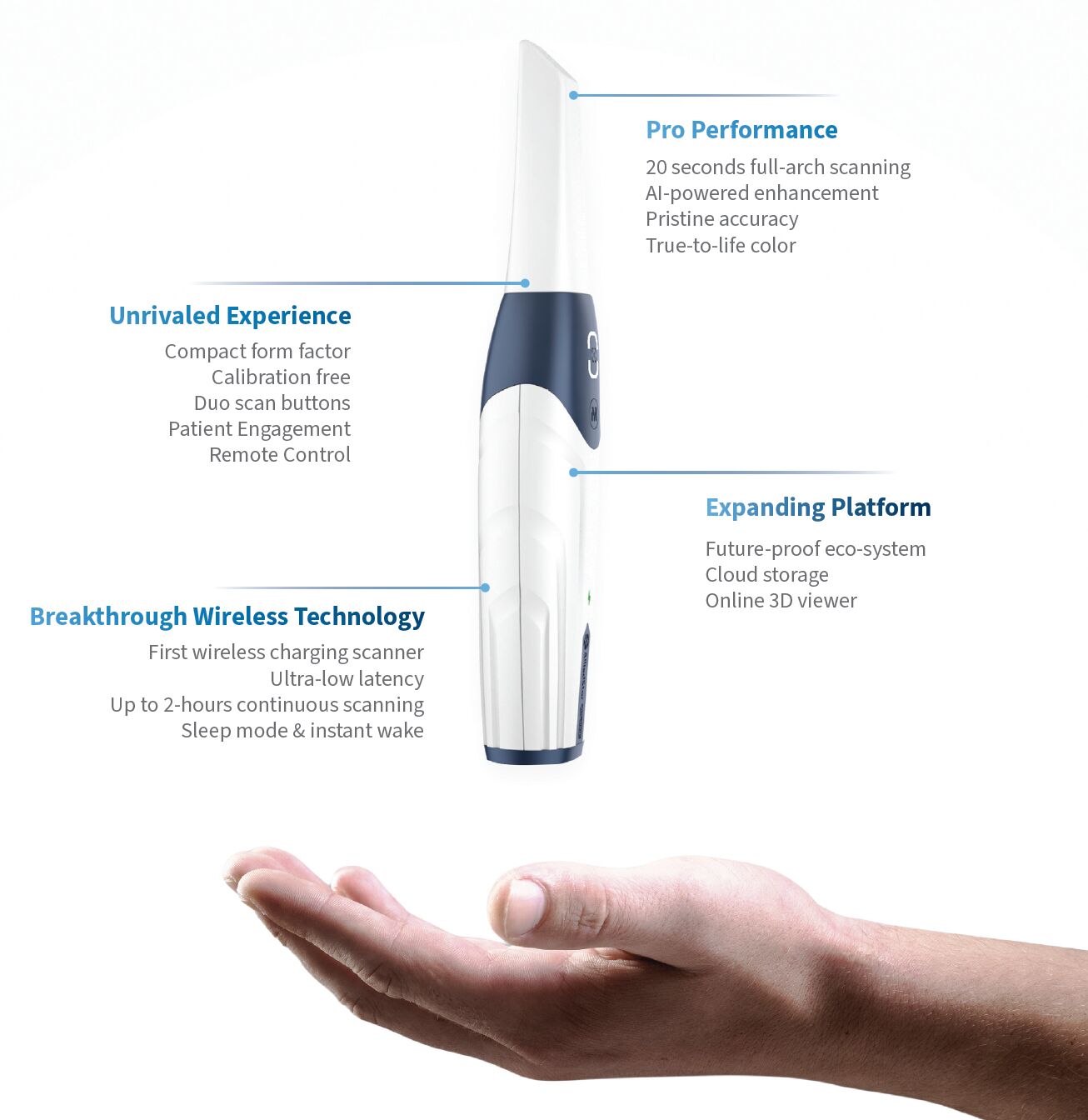Make Dental Work Easier
Bring the best Chinese digital dentistry solution to Africa.
Pain always has a way of instantly reminding people of the importance of health, especially the bone-deep pain of a toothache. However, as the saying goes, "A toothache is not a disease, but it’s excruciating when it strikes," which reveals that we tend to remember the significance of dental care only when we are afflicted with tooth pain. Dental healthcare, a somewhat inconspicuous segment within the medical industry, is at a crucial stage of transformation, propelled by the surge of digitalization. This is not just a self-revolution within the dental industry but a profound baptism for the entire healthcare service system.
The road to the advancement of dental healthcare has never been easy. The public's attention to oral health has traditionally been low, and combined with the scarcity of medical resources, the growth of the industry has been challenging. Looking back, it's not hard to recall a time when park-based tooth extraction services coexisted with street stall economies—a scenario that has all but vanished from modern city life. As the economy has developed, the demand for professional medical services has increased, and dental healthcare should have welcomed a spring of development, but its growth has not been as prosperous as expected.
We can't help but ask, what factors are hampering the development of dental healthcare? Is it the shortage of dentists, the absence of industry standards, or the imperfection of market mechanisms?
In terms of marketization, the dental industry is undoubtedly at the forefront, but the level of service still remains at a lower stage. We look forward to seeing benchmark enterprises like "Haidilao" in the dental industry, offering standardized, high-quality services to patients. However, the reality is the quality of dental healthcare services is uneven, often leaving patients seeking treatment feeling at a loss.
While capital investment has brought some developmental opportunities to the dental industry, capital logic is not a panacea in the long term and cannot completely address structural issues in the industry's development. Nonetheless, the rise of digitalization provides a new path for dental healthcare. From research on CAD/CAM technology in the 1970s to the current intraoral scanning technology, the application of digitalization in dentistry is gradually bearing fruit.
Now, with the development of technologies such as 3D printing, big data processing, and intelligent image recognition, the digitalization of dental healthcare is no longer an unattainable dream. More and more startups are devoting themselves to this field, driving technological innovation and service optimization. The emergence of intraoral scanners and other equipment signals a shift in medical modalities, gradually replacing traditional impression and casting techniques, significantly improving efficiency and accuracy.
Digitalization is changing not only the technical face of dental healthcare but also reshaping the relationship between patients and doctors. Through the power of technology, dental services can more precisely meet the patients' needs, increase the success rate of treatments, and reduce patient suffering and inconvenience. All of this is the result of digitalization taking root in the field of dentistry.
Of course, even though the trend is clear, the path to digitalization in dental healthcare is still long and challenging. Beyond technological hurdles, the acceptance level of dentists, the economic burden on clinics, and the change in industry habits are among the complex issues that need to be addressed gradually. However, there is reason to believe that with the maturity of technology and the cultivation of the market, the future of dental healthcare will be digitalized—more efficient, more humane, and smarter.
In the future, the digitalization of dental healthcare will not only elevate the industry's overall level but also change the public's attitude towards dental health. Through the power of technology, we can anticipate an era of healthy smiles, an era no longer plagued by the agony of toothaches. Let us look forward to this revolution in dental healthcare bringing about even brighter smiles.

Copyright © 2024 Golden Promise Dental Co.,Ltd. | All Rights Reserved
We are here to help you! If you close the chatbox, you will automatically receive a response from us via email. Please be sure to leave your contact details so that we can better assist